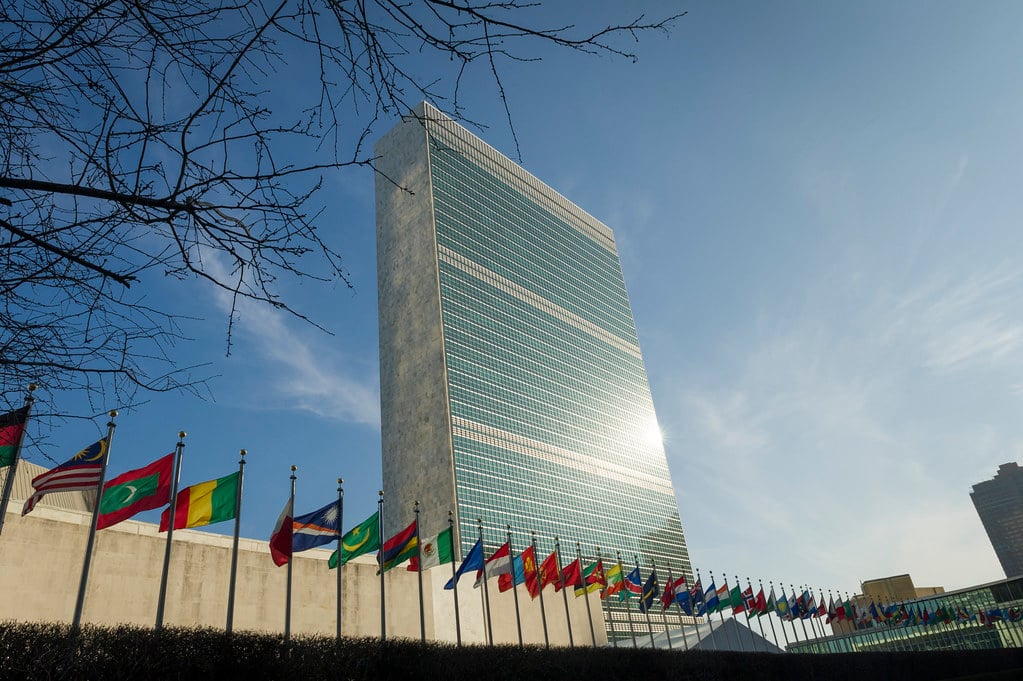Myles Werntz’s essay brings us back to first principles by asking in his title question: ‘What is Nationalism?’ He then frames the conception of nationalism as both constitutive (“who a nation is comprised of”) and historical-contextual (“how it comes to be”). Framing our understanding of nationalism in these ways conforms with the ways competing sides have framed this discussion and helps us to move forward in better addressing the concerns many have with the idea – or more accurately, the celebration – of nationalism.
Login to read more
Sign in or create a free account to access Subscriber-only content.
Topics:
